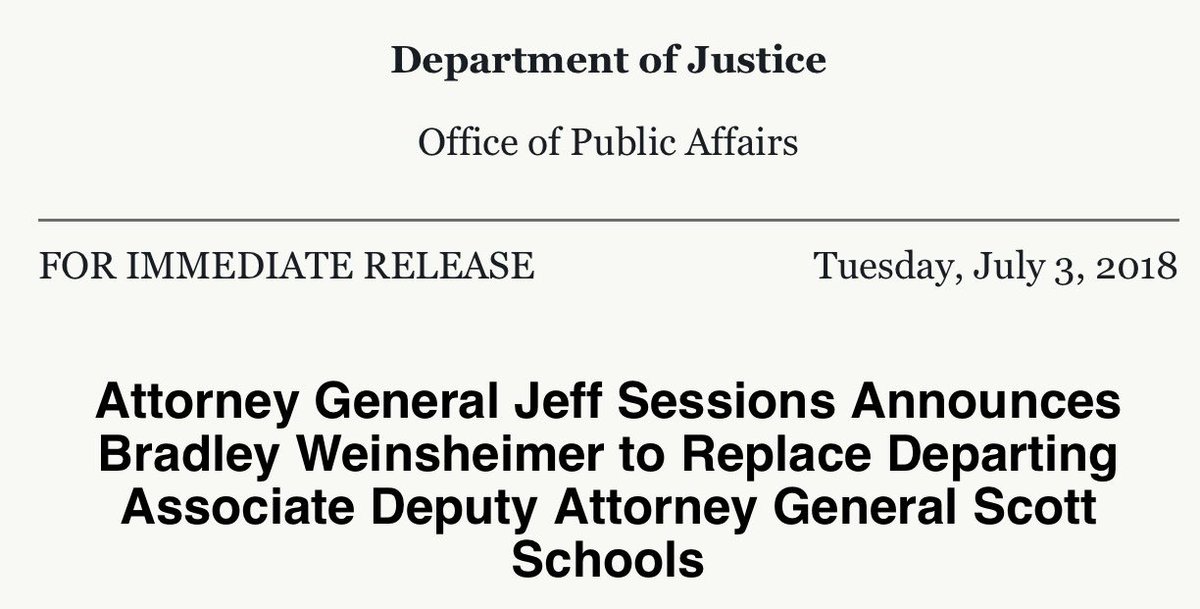This is how this “nuanced,” film lets us know that one of its characters feels guilt.
The problem with this movie is one of the problems with our broader mainstream discourse around police violence: it thinks that shit is what ultimately matters.
He’s sad bc people are being mean to his friend/boss? He beats up a man and throws him out a window and beats him some more in broad daylight.
So we should talk abt the treatment of that character detail.
A victim of one of one of his assaults — still very injured from that beating — offers him some orange juice.






